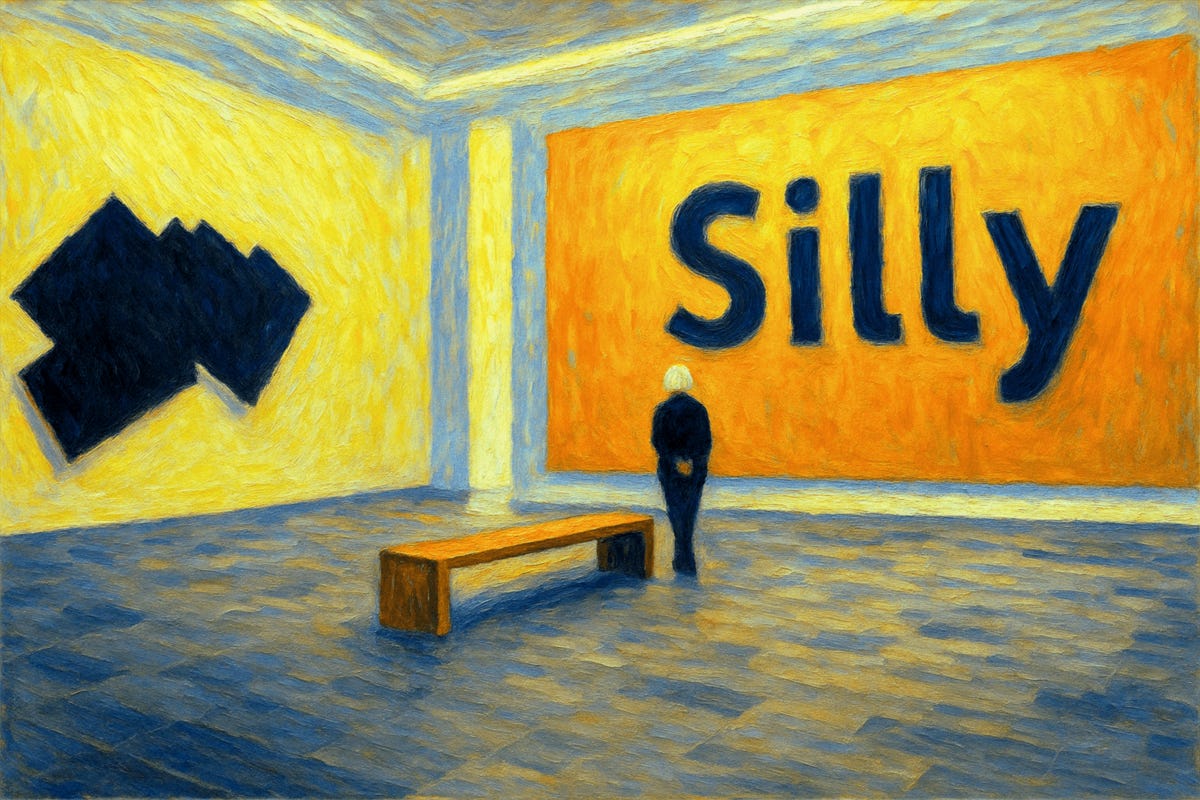
Words offer much more than meaning—they hold histories, emotions, and echoes of the societies that shaped them. Silly is one such word, tracing a remarkable path from blessing to gentle mockery.
Exploring its evolution reveals not just a change in definition, but a shifting cultural attitude towards innocence, vulnerability, and power.
What does it mean when a word once tied to grace becomes a quiet dismissal? This is the story behind silly—a journey through language, culture, and the fragile spaces where they meet.
silly
Etymological Drift
Old English: sǣlig—happy, fortunate, holy
Middle English: sely, silly—innocent, pitiable, powerless, defenceless
Early Modern English: unsophisticated, simple, thoughtless
Modern English: foolish, simple, unserious, asinine
The semantic path:
blessed → innocent → weak → empty-headed → ridiculous
Emotional Subtext
The word’s evolution is particularly compelling given its fall from grace—quite literally. It’s not just a lexical shift, but a cultural one.
As societies industrialised, urbanised, and grew more hierarchical, innocence began to look weak instead of divine.
Grace without power became naivety.
Naivety turned risky—not for others, but for those who held it. Gradually, we learned to quiet it, telling children to “stop being silly” when they played too freely, believed too easily, or asked too many questions.
And yet, silly survives in pockets of affection: a shared joke, a soft refusal to perform seriousness, a codeword for vulnerability that rarely leaves the circle of friendship in which it germinates.
This shift reflects more than social change—it’s an emotional reorientation. Where once silly marked a kind of sacred innocence, it now signals distance or discomfort. But in these nurtured pockets of affection, it persists as a linguistic refuge, a soft shield against a world that often demands hardness.
Residual Meaning Rating
How much of the word's original sense still lingers?
★★☆☆☆ (2/5)
Most modern uses strip silly of its original grace, but in moments of affection, its tone still carries a trace of warmth.
Cultural Notes
Gendered dimension
Silly is more often tolerated in children and women—spaces where power is quieter, or more closely policed
Class subtext
The innocent become silly; the uninitiated, “unsophisticated”
Modern softness
In queer circles and close friendships, silly becomes a gentle way to value play over performance
It's less a dismissal and more a reclaimed space where playfulness becomes a quiet rebellion against rigid expectations
Among close friends, calling someone silly can express trust, intimacy, and the freedom to be vulnerable without judgement
Subtextual Question
Is silliness a refusal to calcify? A way to hold on to softness in a world that pushes hardness?
Elsewhere in the Drift
Prestige: What Hunger Makes of Smoke
Prestige is a curious thing. It dazzles like stage lights: bright enough to blind us to the wires and mirrors behind the curtain.
Sources
Kotthoff, H. Gender and humor: The state of the art. Journal of Pragmatics. 2006.



